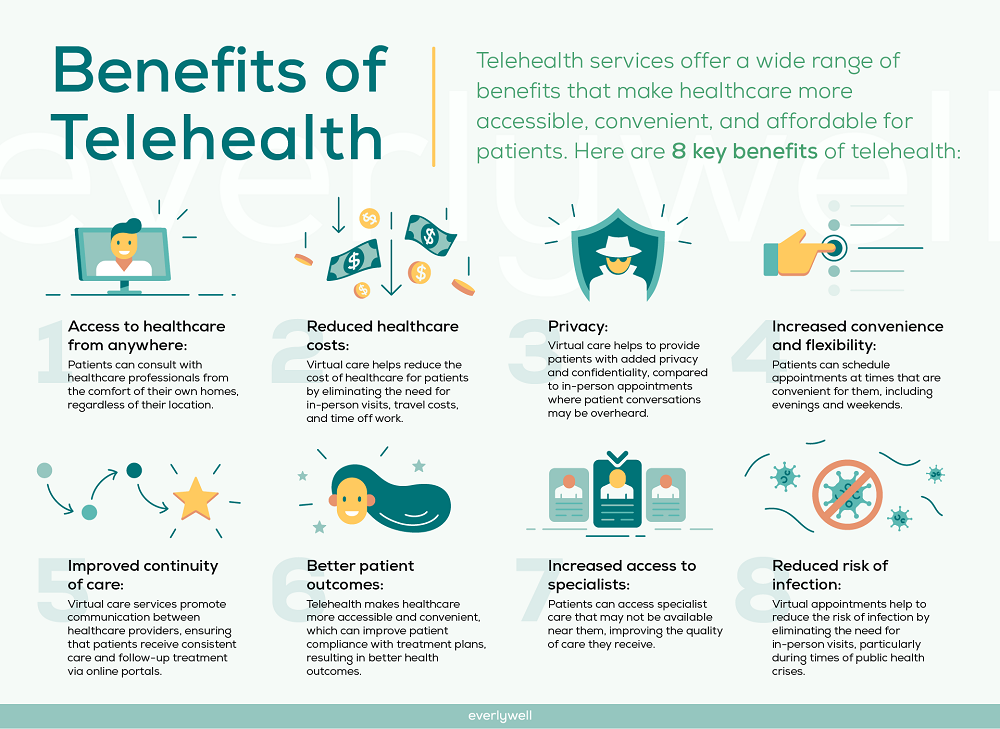
Elevating Home Security: The Impact of Smart Home Insurance Technology
Smart home technology has permeated various aspects of our lives, and now it’s making waves in the realm of insurance. Smart Home Insurance Technology is revolutionizing how we secure our homes, providing innovative solutions that go beyond traditional coverage models.
The Integration of IoT Devices: A New Layer of Protection
Smart Home Insurance Technology relies on the integration of Internet of Things (IoT) devices to enhance home security. From smart doorbell cameras and motion sensors to connected smoke detectors, these devices create a network of real-time data that insurers use to assess and mitigate risks. This interconnected ecosystem adds a new layer of protection, providing insurers with comprehensive insights into the security measures homeowners have in place.
Reducing Risks through Preventive Measures: The Power of Data Analytics
One of the significant advantages of Smart Home Insurance Technology is the ability to leverage data analytics for risk prevention. Insurers can analyze the data collected by smart devices to identify potential vulnerabilities and suggest preventive measures. For example, patterns detected by smart sensors might prompt recommendations for reinforcing entry points or enhancing fire safety measures, ultimately reducing the likelihood of claims.
Customized Coverage Plans: Tailoring Insurance to Home Automation
Smart home technology enables insurers to offer customized coverage plans that align with the level of home automation adopted by homeowners. Whether it’s smart locks, thermostat controls, or whole-house automation systems, insurers can tailor coverage to specific technologies. This ensures that homeowners are adequately protected for the unique risks associated with their smart home features.
Real-Time Monitoring and Alerts: Enhancing Security Responsiveness
Smart home devices provide real-time monitoring capabilities that enhance the responsiveness of home security systems. In case of suspicious activities or emergencies, these devices can trigger immediate alerts to homeowners and, in some cases, directly notify emergency services. This swift response capability not only minimizes potential damages but also acts as a deterrent, enhancing overall home security.
Behavioral Analysis for Enhanced Security: Identifying Anomalies
Smart Home Insurance Technology goes beyond traditional security measures by incorporating behavioral analysis. Machine learning algorithms can analyze the daily patterns and behaviors of residents. Deviations from these patterns, such as unexpected entries or unusual activities, trigger alerts. This proactive approach allows insurers and homeowners to address potential security threats before they escalate.
The Role of Smart Devices in Claims Processing: Efficiency and Accuracy
Smart Home Insurance Technology significantly streamlines the claims processing journey. In the event of a covered incident, data from smart devices can provide accurate and detailed information about the circumstances. This not only expedites the claims settlement process but also minimizes the likelihood of disputes, creating a more efficient and transparent insurance experience.
Smart Home Discounts: Incentivizing Homeowners for Security Investments
Insurers often offer discounts to homeowners who invest in smart home security systems. These discounts serve as incentives for adopting and maintaining smart security measures. The financial benefits encourage homeowners to embrace the latest technologies, creating a win-win scenario where insurers reduce risks, and homeowners enhance their home security.
To learn more about the transformative impact of Smart Home Insurance Technology, click here. This link provides additional insights into the innovations shaping the future of home insurance, offering a secure and technologically advanced approach to protecting homes.
Conclusion: A Smarter, Safer Future for Home Insurance
In conclusion, Smart Home Insurance Technology is ushering in a new era for home insurance. The integration of IoT devices, data analytics for risk prevention, and customized coverage plans create a smarter and more responsive approach to home security. As technology continues to evolve, the synergy between smart home innovations and insurance will likely play a pivotal role in ensuring the safety and security of homes in the digital age.


